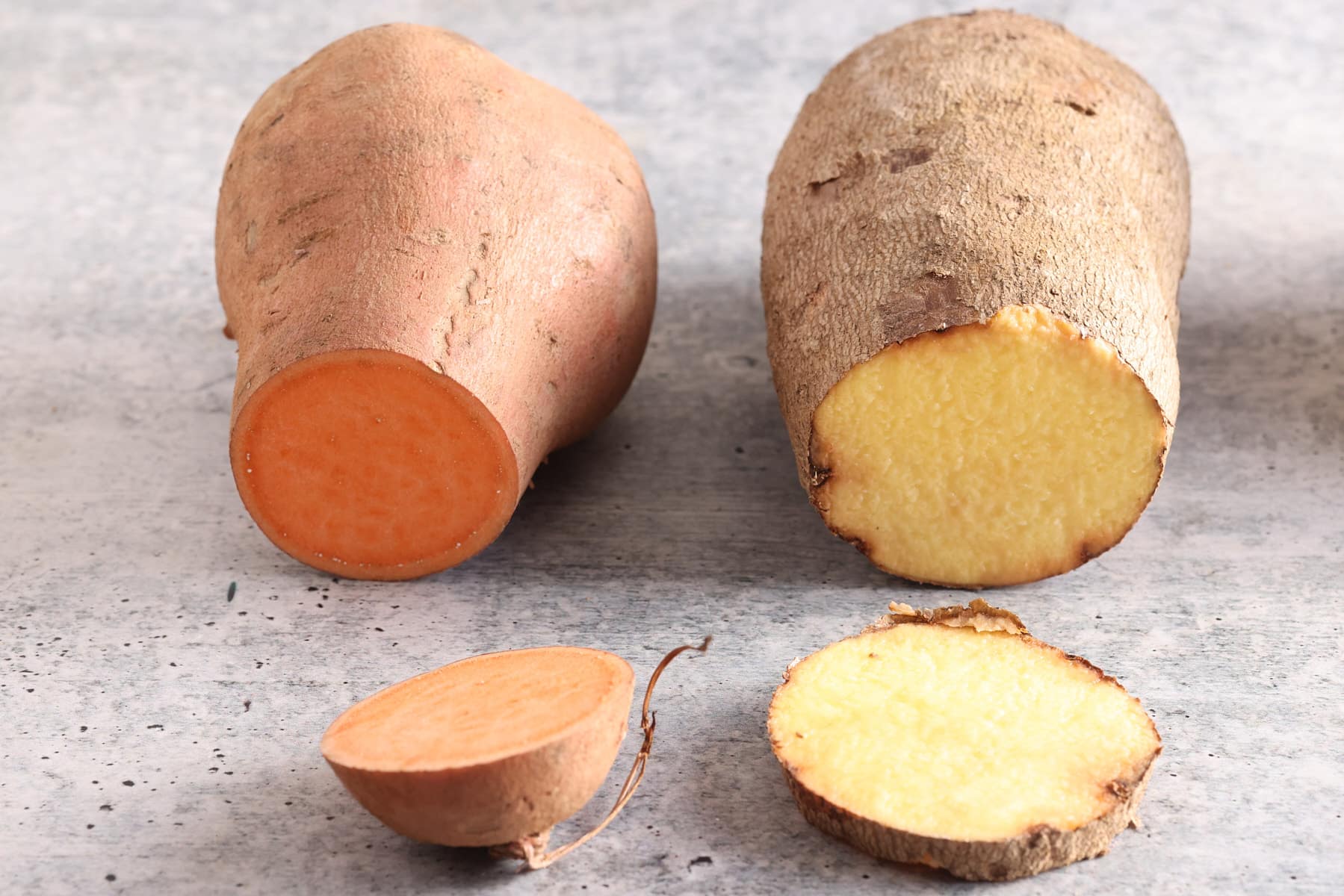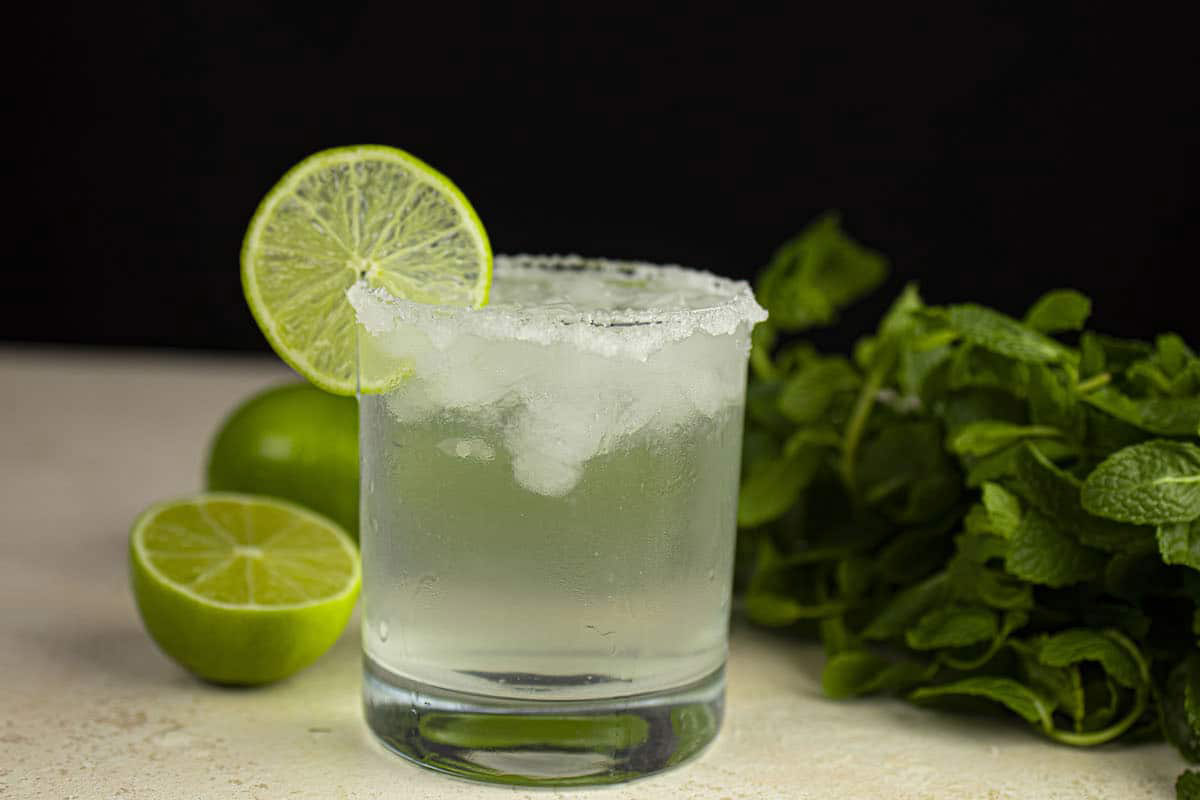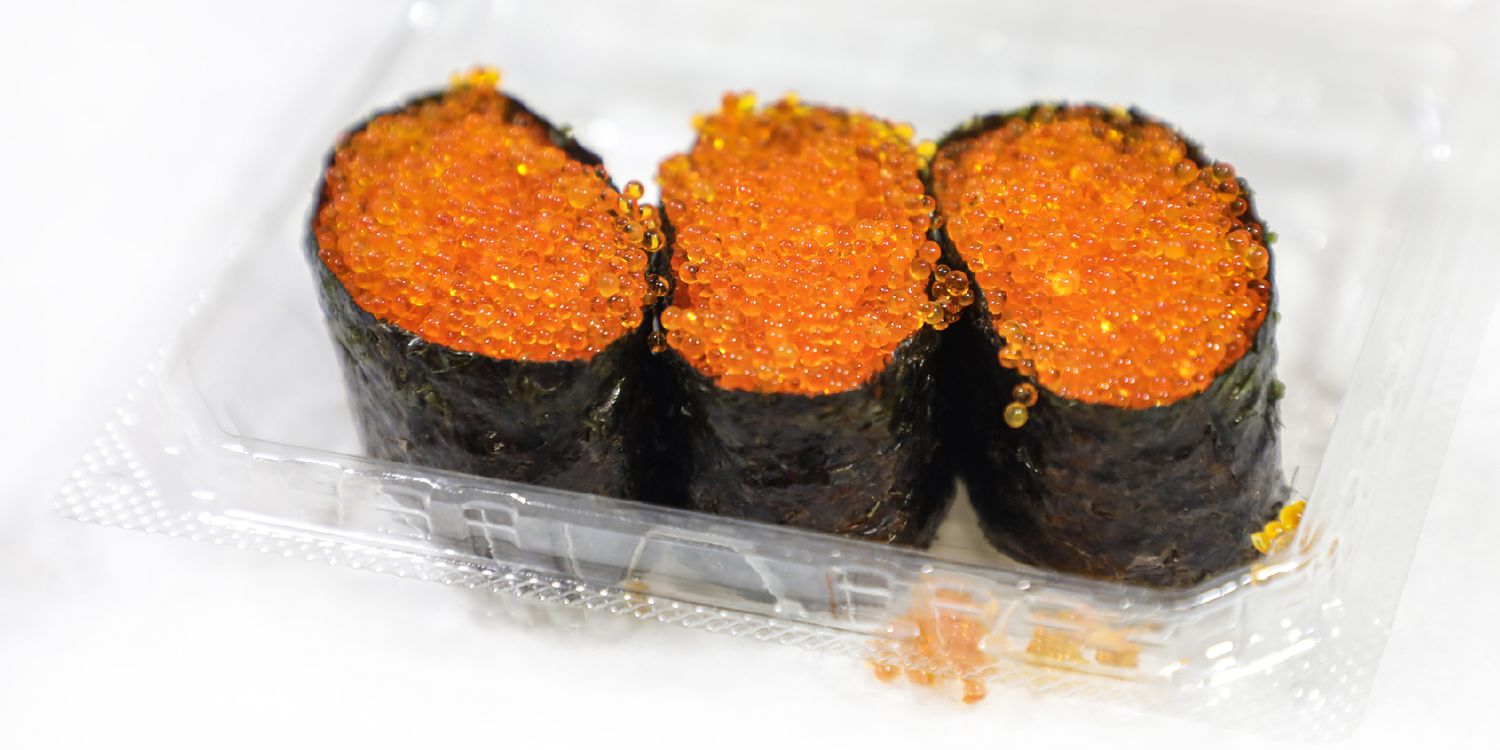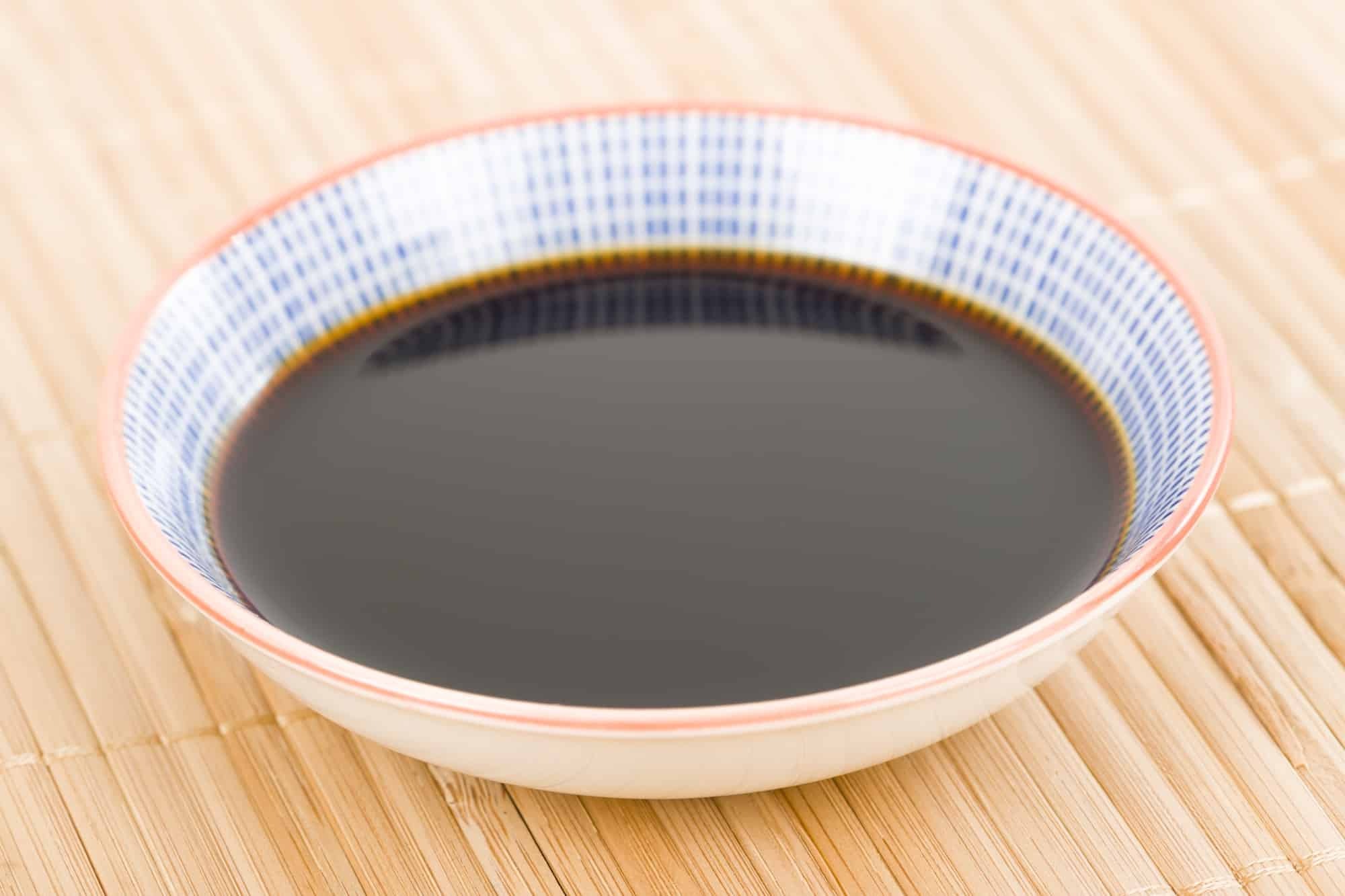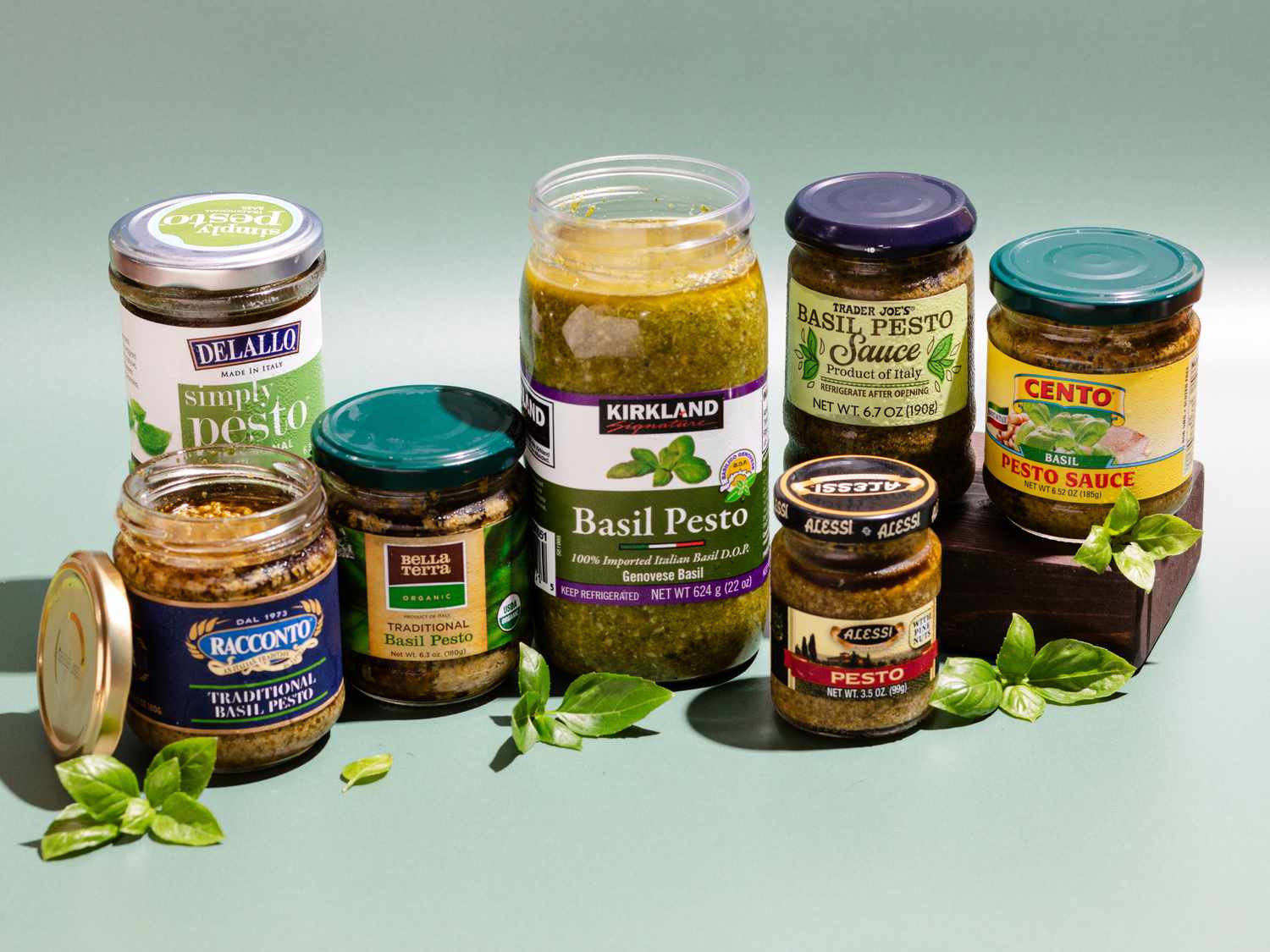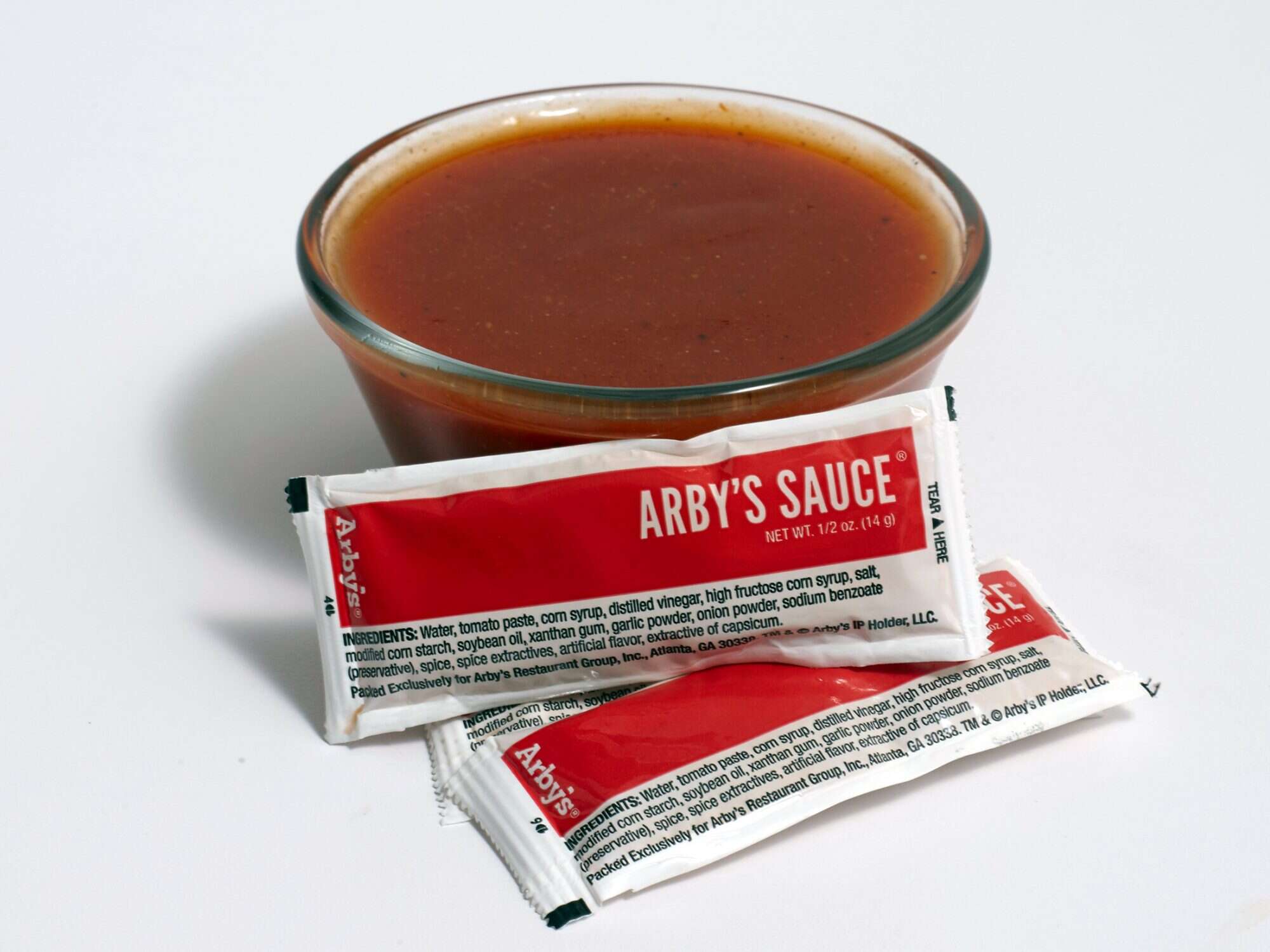The Difference Between Rum and Rum Extract
When it comes to adding a rich, flavorful kick to your baked goods or desserts, rum and rum extract are two popular choices. While they both offer a similar flavor profile, there are some key differences between the two that are important to understand. Let’s take a closer look at the distinctions between rum and rum extract.
Rum
Rum is a distilled alcoholic beverage made from sugarcane byproducts, such as molasses or sugarcane juice. It is typically aged in wooden barrels, which gives it a distinct flavor and aroma. Rum is known for its sweet and slightly spicy taste, making it a popular choice for cocktails and cooking alike.
- Rum is a liquid form of alcohol.
- It is made through the process of fermentation and distillation.
- Rum contains alcohol and water, along with the flavors and aromas derived from the aging process.
- It is commonly used in recipes that require the distinctive taste of rum.
Rum Extract
Rum extract, on the other hand, is a concentrated flavoring agent that is derived from rum. It is made by combining rum with water and then distilling the mixture to remove the alcohol, leaving behind the concentrated flavor of the rum. Rum extract is often used in baking and cooking to add the flavor of rum without the alcohol content.
- Rum extract is a concentrated form of rum flavor.
- It is made by distilling alcohol from rum, leaving behind the flavor compounds.
- Rum extract does not contain alcohol, making it suitable for recipes that require a non-alcoholic option.
- It is commonly used in recipes where the flavor of rum is desired without the addition of liquid.
Key Differences
Now that we have a basic understanding of rum and rum extract, let’s highlight the key differences between the two:
- Alcohol Content: The most significant difference between rum and rum extract is the alcohol content. While rum is a liquid form of alcohol, rum extract is alcohol-free, containing only the concentrated flavor of rum.
- Usage: Rum is commonly used in recipes that call for both the flavor and the liquid form of rum, such as cocktails and certain desserts. Rum extract, on the other hand, is used in recipes where the flavor of rum is desired without the addition of liquid or alcohol.
- Concentration: Rum extract is a highly concentrated form of rum flavor, which means that a small amount can go a long way in terms of flavoring a dish. In contrast, rum is used both for its flavor and its liquid properties in recipes.
Conclusion
While rum and rum extract share a similar flavor profile, they differ significantly in terms of alcohol content, usage, and concentration. Understanding these differences is crucial when selecting the right ingredient for your culinary creations. Whether you’re looking to add a splash of rum to your favorite dessert or seeking a non-alcoholic alternative, knowing the distinction between rum and rum extract will help you achieve the perfect flavor in your cooking and baking endeavors.
Was this page helpful?
Read Next: What Is The Origin Of Spring Rolls?
